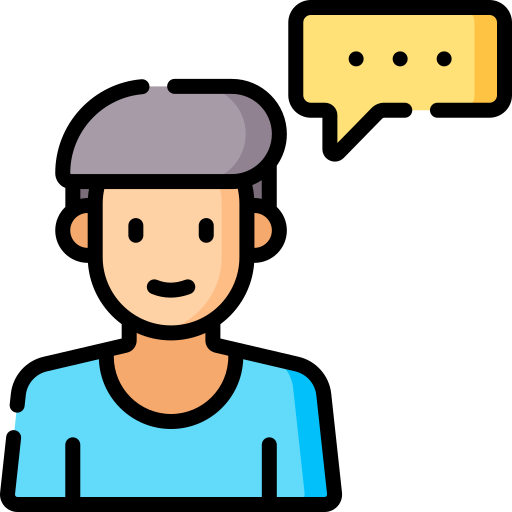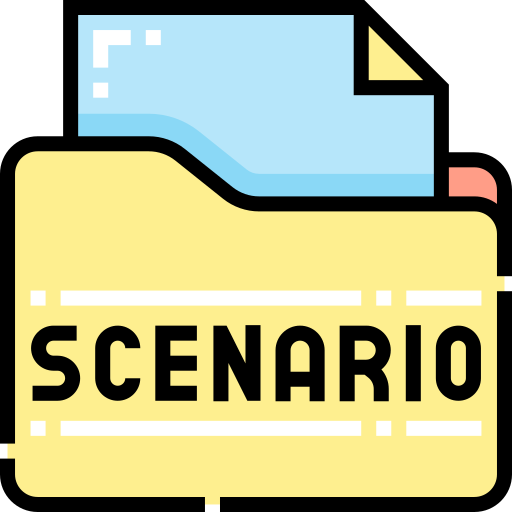Do you want to improve your English skills, but you don’t know where to start?

With many free and paid courses and articles available on the internet, it's common to feel overwhelmed.
You need a clear structure to guide your learning journey at the elementary level. 🧱
Achieving proficiency in speaking, listening, reading, and writing at the A2 level should meet the Common European Framework of Reference for Languages (CEFR) guidelines.
Speaking 🗣️

At this level, you should be able to:
Introduce yourself — name, age, nationality ✅
Speak about everyday activities or plans ✅
Discuss your hobbies, likes, and dislikes ✅
Handle common interactions in daily life ✅
What can you do?

Practice speaking English at every opportunity, especially since it's the most difficult skill to master.
Practice role-playing with your friends. Get comfortable with:
Introducing yourself
Discussing your hobbies
Ordering food at a restaurant
Buying train tickets
Talking about familiar subjects

For example, pretend to order a latte at a coffee shop. Use greetings and common vocabulary to receive the order successfully.
Another method is to create a monologue and practice your speaking skills in front of the mirror.
Did you know?
Listening 👂🏻

At this level, you should be able to:
Follow simple instructions — tasks from everyday activities ✅
Engage in real-life conversations ✅
Follow short stories and narratives ✅
Understand the main idea while listening to the radio or TV ✅
What can you do?
Listen...listen...and listen some more!

Follow a few practical tips for listening:
Schedule regular practice — make it a daily routine
Listen to an audiobook, the radio, or a podcast for 15 minutes
Listen to different types of audio
Start with something you like (watch a movie or documentary)
Include podcasts and radio stations
Listen in 2-minute chunks
Check your understanding at the end of each chunk
Listen again to the same piece of audio
Discover new words that you didn't understand before
Did you know?
Reading 📖

At this level, you should be able to:
Understand texts about familiar topics — emails or social media posts ✅
Find specific information in a text — names, dates, and addresses ✅
Understand common words and phrases ✅
Follow simple tasks — read step-by-step instructions to cook a recipe ✅
What can you do?

Like other language skills, practice is important. Understand English in different situations and read different sources (books, articles, instructions, etc).
Follow a few practical tips for reading:
Read every day or every other day
Become familiar with the structure of sentences and learn new words
Make reading fun — read about something you like
Discover your interests and find related books or articles
Keep going — even if you find unfamiliar words while reading
Try to understand the main ideas
Did you know?
Subscribe for more quick bites of learning delivered to your inbox.
Unsubscribe anytime. No spam. 🙂
Writing 📝

At this level, you should be able to:
Write short texts — emails and social media posts ✅
Describe your hobbies or daily activities ✅
Write short stories to express your personal experiences ✅
Organize your text into clear paragraphs (introduction, body, and conclusion) ✅
What can you do?

Practice writing short texts, stories, and notes:
Read as much as possible to understand English sentence structure and expand your vocabulary
Keep a journal that you can write in every day
Use writing prompts to write stories
Write short essays on topics that interest you
Did you know?
Tips For Success
 Photo by Fab Lentz on Unsplash
Photo by Fab Lentz on UnsplashStay motivated and write down your goals — do you want to pass your exam, or do you want to improve your fluency? 🎯
Even a few minutes a day of practice can help improve your skills. 💪
Learning a foreign language doesn't have to be hard — read the books you like, listen to your favorite radio shows, or watch movies in English. ❤️
Grammar is important, so make sure you master the rules — practice regularly. 🏋🏽
Make the most of technology and find the right tools to help you, like learning apps or writing tools. 📱
Quiz
What should you do if you make a mistake while learning English? Select all correct answers:
Take Action

Your feedback matters to us.
This Byte helped me better understand the topic.
